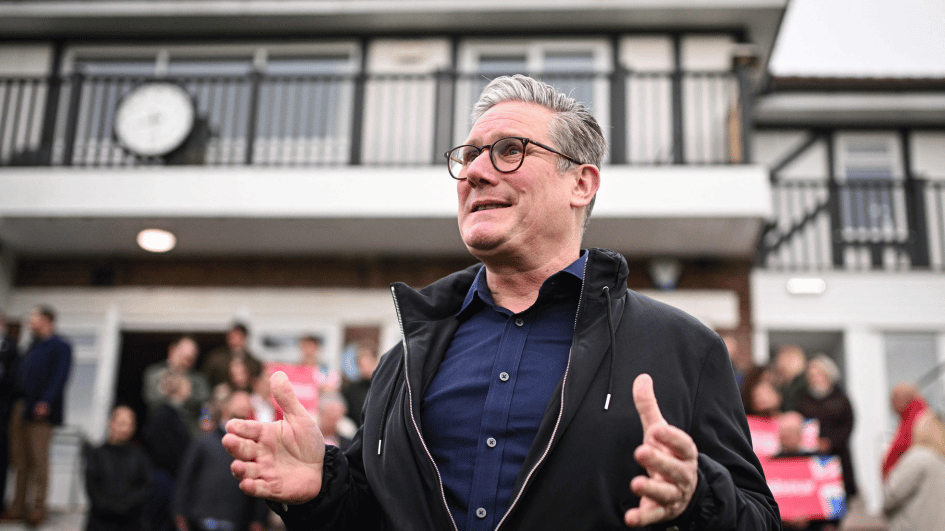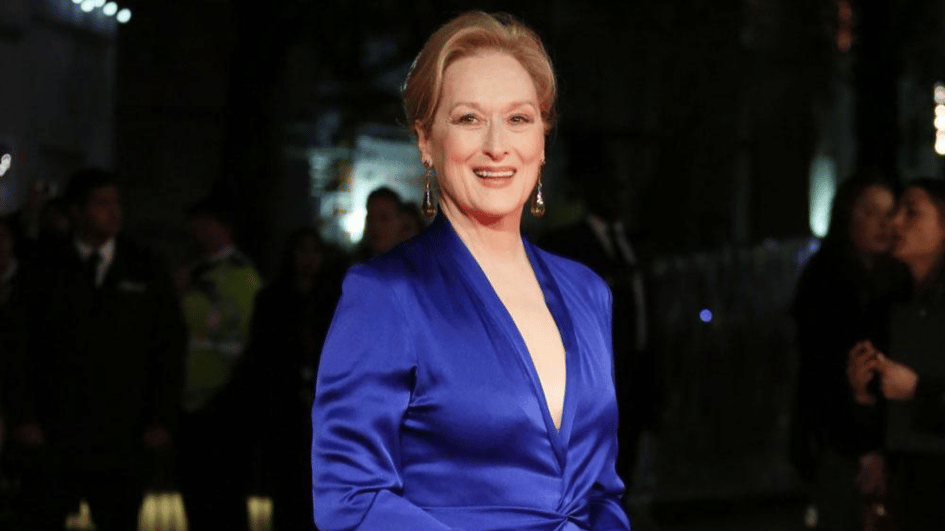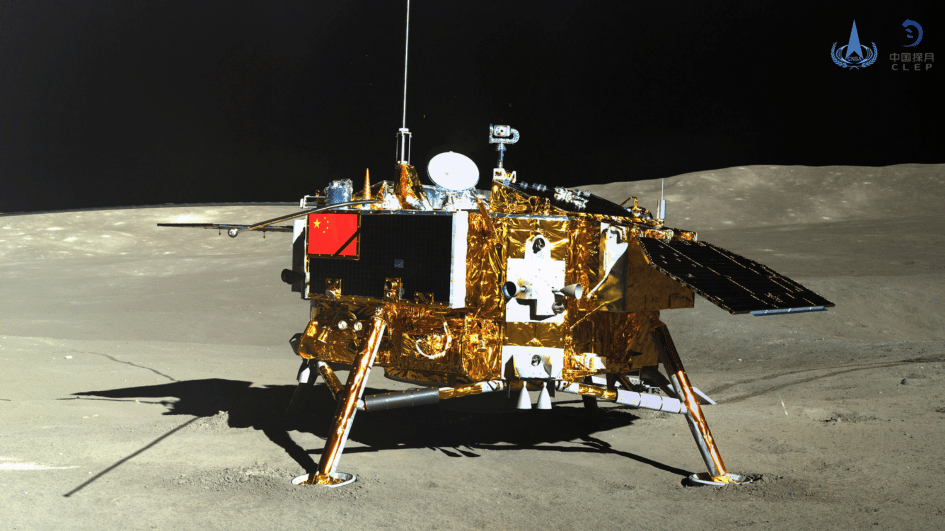Öcalan’s prerequisite, the prime minister’s prerequisite
İSMET BERKAN
Prime Minister Recep Tayyip Erdoğan has named the process being experienced, “the solution process.”A first was experienced yesterday when daily Milliyet and its successful reporter Namık Durukan got hold of the minutes of the meeting that took place last weekend at İmralı between Abdullah Öcalan and three Peace and Democracy Party (BDP) deputies Pervin Buldan, Sırrı Süreyya Önder and Altan Tan. The minutes seem to have been personally drafted by Pervin Buldan.
Thus, we were able to learn, without mediators, what Öcalan actually said during the meeting, how he reasoned and how he conducted business. There are many topics to write about on these meeting minutes but today I want to focus on the key to the “Solution Process” and talk a little about the anthropology of the process.
Turkey learned from Erdoğan on a TV show the evening of Dec. 27, 2012, that talks were conducted with Öcalan in İmralı with the target of disarming the outlawed Kurdistan Workers’ Party (PKK) and having it participate in politics.
One of the first pieces of information leaked was that as a confidence-building measure, Öcalan had first suggested the silencing of arms, then for PKK forces to retreat beyond Turkish borders.
This offer was later confirmed by the PKK’s leader in the Kandil Mountains, Murat Karayılan, who said, “The state wants us to retreat but there are steps the state has to take first.”
For a while, talks were locked on this point, in other words, on the PKK withdrawing from Turkey. Both Erdoğan and the PM’s political advisor Yalçın Akdoğan gave statements a few times such as, “[What happened in] 1999 cannot be repeated; if they will retreat, we will take measures so that they leave Turkey safely.”
In 1999, after Öcalan was caught in Kenya, he had ordered the PKK to leave Turkey. However, a portion of the PKK leaving Turkey was met by military operations and either died or were caught and sentenced to life imprisonment.
However, the fear of another 1999 was not the only rejection coming from Kandil to the PKK’s armed staff. Kandil thought with the withdrawal of its militants from Turkey, the negotiation power at the table would be lessened. Not only that but the PKK did not trust Turkey just as much as Turkey did not trust the PKK.
Again, there was a problem regarding the PKK management at Kandil. The call to “withdraw from Turkey” was not made by the state; it was made by Öcalan.
Kandil, more precisely, Karayılan, at this stage, said, “Yes, Öcalan is our leader. Yes, we accept whatever he says. Yes, he is empowered to represent us alone in the talks. We would not even question his decisions,” but again, on the topic of withdrawal, he also made the point that, “There will be no withdrawal without the state doing its share.”
Meanwhile, just two days ago, Erdoğan said, “The process will start with the PKK leaving Turkey.” In other words, according to the Prime Minister, it is a prerequisite for the start of the negotiation process that the PKK leave Turkey.
In light of these words and the negotiations conducted indirectly, the fact that Öcalan told the BDP delegation, “Parliament will make a decision, commissions will be formed and after that there will be withdrawal,” is very suitable for interpretation, such as that Öcalan has not been able to convince Kandil and has not overcome them.
In this case, the Öcalan-Kandil line has a prerequisite for withdrawal: that Parliament sets up certain commissions on the Kurdish issue.
Well, will Parliament and the government accept these prerequisites?
Why is withdrawal important?
Actually, for a very simple reason, the PKK leaving Turkey is preferred to another declaration of a period of inaction and the reason is this: to rule out the risk of provocation.
The problem is not removing fingers from triggers. Even if a finger is not on the trigger, the prevention of such actions that would disrupt the entire process in the state or the PKK’s side that may remain uncontrolled is only possible with the PKK leaving Turkey.
“If we withdraw, we will all be open to destruction,” Karayılan says, to which Öcalan responds, “No, there is Iran, there is Syria.”
A lot of subtle work is going on.
İsmet Berkan is a columnist for daily Hürriyet, in which this piece was published March 1. It was translated into English by the Daily News staff.
İSMET BERKAN - iberkan@hurriyet.com.tr











